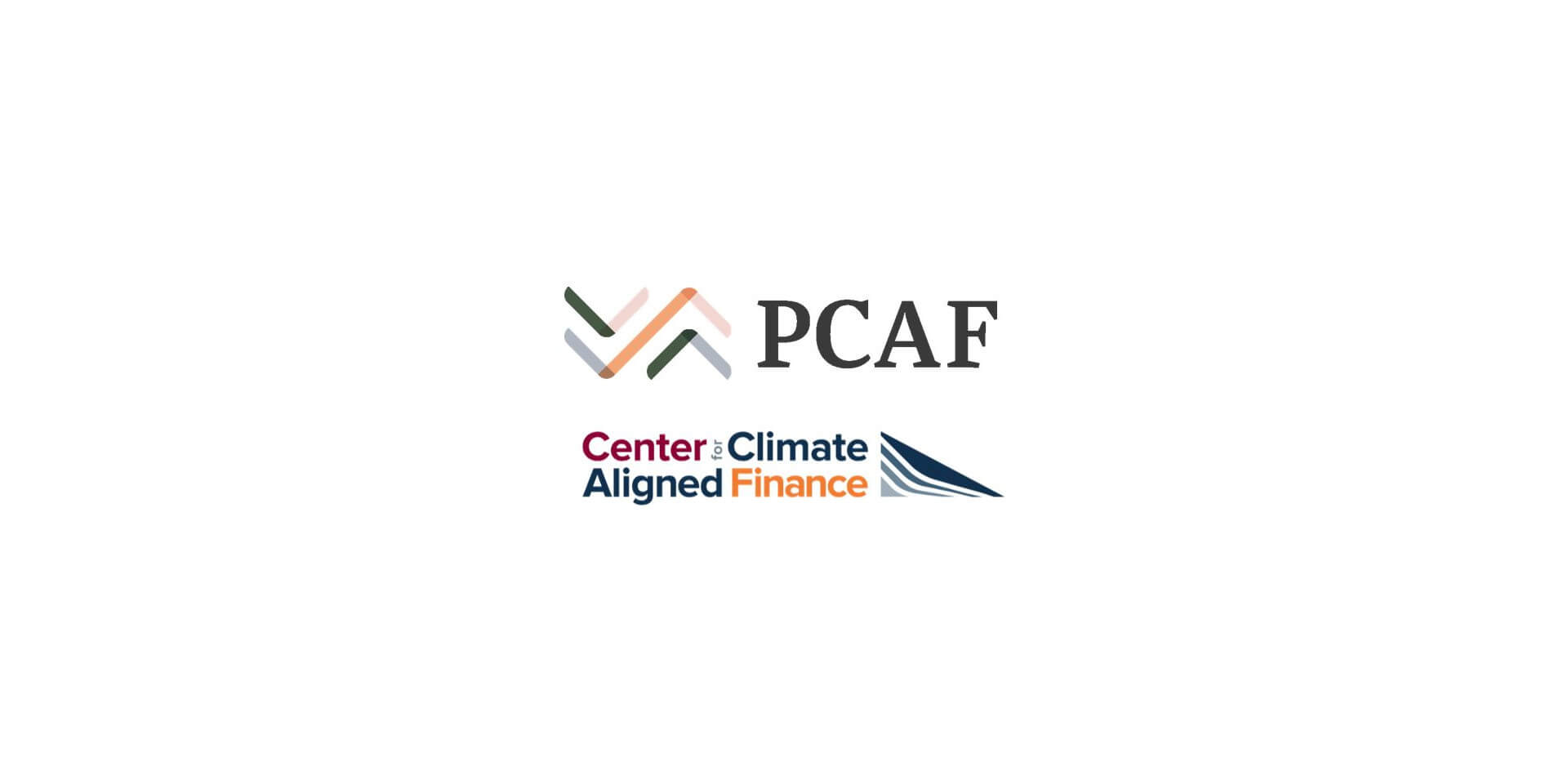
Utrecht, NL – July 09, 2020 – Today, Rocky Mountain Institute (RMI), a leading global clean energy nonprofit, announced the launch of the Center for Climate-Aligned Finance with support from Founding Partners Wells Fargo, Goldman Sachs, Bank of America, and JPMorgan Chase. Partnership for Carbon Accounting Financials (PCAF) has established a formal partnership with the Center to advance the goal of enabling low-carbon transitions for key global industries.
As financial institutions seek to manage their portfolios and finance decisions to the demands of a low carbon world, they face multiple objectives, complex data and methodological challenges. Frameworks and methodologies that can be universally applied, and that are systemically connected, are critical in delivering finance that comprehensively addresses our climate finance imperatives. There is significant work to be done to effectively address climate risk, meet investors’ and markets' demands for decarbonization and enabling portfolio level business strategies. With the launch of the Center for Climate-Aligned Finance and its partnership with PCAF, the financial sector will be better equipped to meet the challenges and opportunities of aligning their portfolios with a 1.5 degree future.
PCAF and the Center both create impact through engagement with the financial sector to achieve harmonization of the discrete steps in achieving climate alignment: Measurement of impact and exposure, disclosure and target setting, and action. The finance sector faces challenges in measuring financed emissions, building a portfolio that finance the decarbonization of economic sectors, and reliably mapping its work to science-based targets. PCAF and the Center are focused on collaborative engagement among financial institutions as a critical approach to addressing those challenges. Together, the initiatives share the goal of achieving effective and coordinated systems for alignment.
Through their collaborative engagement, PCAF and the Center will:
“The Center for Climate-Aligned Finance is building on RMI’s four-decade long track record of developing market-based platforms that help drive the global energy transition and focus on one of the most critical and high impact aspects of the climate crisis—the role of the financial sector. Without climate-aligned finance, the sectors within the global economy alone cannot contribute to a net-zero carbon future” said Brian O’Hanlon, Executive Director of the Center for Climate-Aligned Finance and Principal at Rocky Mountain Institute.
“The banking and investment community are proving that through collaboration we can deliver trusted and transparent methodologies for meeting global goals on climate finance. PCAF believes this starts with a harmonized approach to measurement that in turn supports in an integrated system for disclosure, alignment, target setting and climate action” said Giel Linthorst, Executive Director of the Partnership for Carbon Accounting Financials.
#-#-#
Media Inquiries please contact:
Nick Steel, Media Relations Manager, Rocky Mountain Institute, T: 347-574-0887, E: nsteel@rmi.org
or
Angelica Afanador, Manager, PCAF Secretariat, E: info@carbonaccountingfinancials.com
Notes to Editors
The Center for Climate-Aligned Finance
The Center for Climate-Aligned Finance is a flagship initiative by Rocky Mountain Institute (RMI), that will work with the financial sector to understand and resolve barriers to aligning their investment and lending portfolios with a 1.5 degree future through deep partnerships with industry, civil society and policymakers. The Center will build on RMI’s nearly 40 years of experience of developing market-based solutions to accelerating the energy transition. The Center will work across industries to shape sectoral climate alignment initiatives for high-emitting industries, based in part on RMI’s experience in helping to develop and launch the Poseidon Principles for the shipping sector. It will also contribute to the development of global solutions, practices and frameworks as the financial sector seeks to play an increasingly important role in the rapid decarbonization of the global economy and drive towards a just net-zero transition by mid-century.
About Rocky Mountain Institute
Rocky Mountain Institute (RMI)—an independent nonprofit founded in 1982—transforms global energy use to create a clean, prosperous, and secure low-carbon future. It engages businesses, communities, institutions, and entrepreneurs to accelerate the adoption of market-based solutions that cost-effectively shift from fossil fuels to efficiency and renewables. RMI’s work spans the United States, China, India, Caribbean, and Africa, and its sector teams work closely with leading corporates in power generation, mobility, steel, oil and gas, shipping, aviation, mining, and beyond.
More information on RMI can be found at www.rmi.org or follow us on Twitter @RockyMtnInst
About the Partnership for Carbon Accounting Financials (PCAF)
Last September, the Partnership for Carbon Accounting Financials (PCAF) was launched globally. Currently, over 60 banks and investors have subscribed to the PCAF initiative. PCAF participants work together to jointly develop the Global Carbon Accounting Standard for the financial industry to measure and disclose the greenhouse emissions of their loans and investments. By doing so, PCAF participants take the first step required to assess climate-related risks, set targets in line with Paris Climate Agreement and develop effective strategies to decarbonize our society. PCAF is organized by a Steering Committee comprised of representatives of ABN AMRO, Amalgamated Bank, ASN Bank, Global Alliance for Banking on Values (GABV) and Triodos Bank. For more information see https://carbonaccountingfinancials.com/